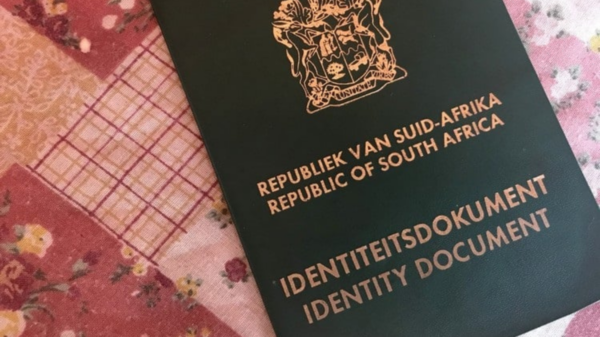Our Authentication Questions API enables businesses to verify individuals are who they claim to be, using knowledge-based questions.
Authenticating parties involved in high-risk transactions efficiently, and with a high level of confidence, is critical to the ongoing security and efficacy of any institution that deals with customers and credit.
pbVerify’s Authentication Questions API is a fraud prevention tool that can be used by the likes of banks, telcos, insurance agencies, etc, to help confirm an individual is who they say they are, using knowledge-based questions (KBA).
There to protect the interest of the business, the agent and the consumer, this authentication tool provides clients with the ability to verify a consumer via a set of random questions that are obtained from their unique consumer profile held at the Bureau.
How it works
- Our Authentication Questions API starts by extracting the consumer’s data from their credit bureau profile and inserting the available data into a set of question templates. These question templates consist of 186 different questions that could be populated.
- Once the question templates have been formulated, the API references the subsequent data, and generates other possible answers to the questions.
- The API then sends the entire question set to a randomiser, where questions are split into a positive and negative context of themselves.
- In the next stage of the randomisation process, the API creates an algorithm sequence variation of each question, where each individual question could populate in 4 000 different ways.
- Thereafter, five questions are selected and sent through to the client for answering.
- The question and answer sheet will then display in a mixture of yes/no or multiple choice questions.
Referred to as “failover”, this API acts as an additional tier of security in instances in which an institution needs to verify a customer is who they say they are, when there is for example no photograph registered with Home Affairs, or in a call centre environment where there is no physical element.
And, because every business need is unique, our Authentication Questions API was built with flexible configuration, allowing you to set the number of questions the individual in question needs to answer, as well as what percentage they need to get right in order to proceed and how many attempts they will have before they need to be physically present to complete the process.
Please don’t hesitate to contact us should you wish to find out more, or if you have any questions. Our team is just a call or an email away: 010 823 5194 / [email protected].




































